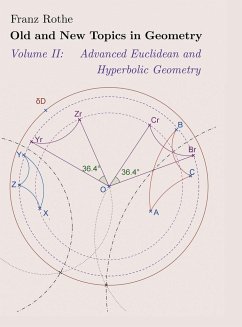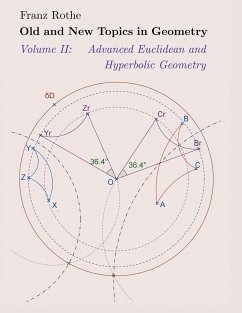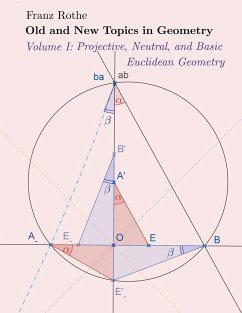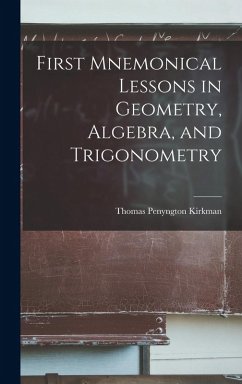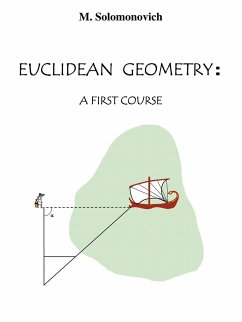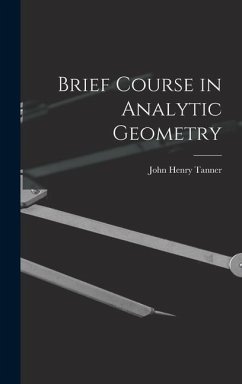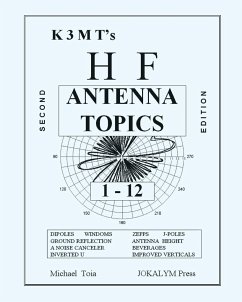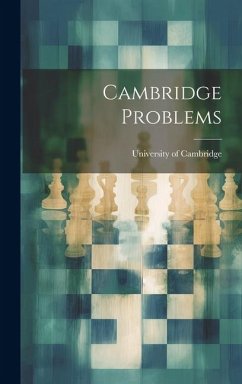
Old and New Topics in Geometry
Volume I:Projective, Neutral and Basic Euclidean Geometry
Versandkostenfrei!
Versandfertig in 1-2 Wochen
117,99 €
inkl. MwSt.
Weitere Ausgaben:

PAYBACK Punkte
59 °P sammeln!
The present first volume begins with Hilbert's axioms from the \emph{Foundations of Geometry}. After some discussion of logic and axioms in general, incidence geometries, especially the finite ones, and affine and projective geometry in two and three dimensions are treated. As in Hilbert's system, there follow sections about the axioms of order, and congruence in neutral geometry, the axioms of measurement and of completeness, and deviating from Hilbert, about circles. The insight of independence of the parallel axiom leaves many open roads to pursue, but the desire to develop a natural as wel...
The present first volume begins with Hilbert's axioms from the \emph{Foundations of Geometry}. After some discussion of logic and axioms in general, incidence geometries, especially the finite ones, and affine and projective geometry in two and three dimensions are treated. As in Hilbert's system, there follow sections about the axioms of order, and congruence in neutral geometry, the axioms of measurement and of completeness, and deviating from Hilbert, about circles. The insight of independence of the parallel axiom leaves many open roads to pursue, but the desire to develop a natural as well as completely axiomatic system remains. In this context, the classification of Hilbert planes into three types,---as semi-euclidean, semi-elliptic or semi-hyperbolic, known as the uniformity theorem is a important step beyond Euclid. A further step is the introduction of the axiom of the unbounded opening of an angle. In the spirit of Hilbert, a completely axiomatic theory of area in neutral geometry is set up, before branching into the cases of Euclidean, or semi-hyperbolic, or semi-elliptic geometry. Finally, the attention has to focus of Euclidean geometry. The text gets a more educational and even more elementary flavor. Here I start with Thales theorem about the angle in a semicircle, and continue with Euclid's related theorems about angles in a circle.The most simple parts of the Euclidean geometry are given in detail, as well as the later parts about similarity, and area in Euclidean geometry with the theorem of Pythagoras and trigonometry, and finally the measurement of the circle.





